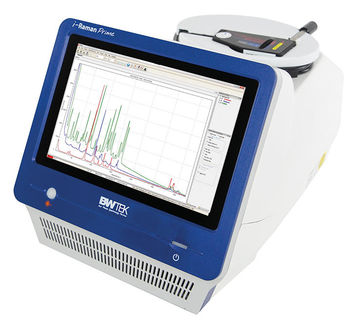To use all functions of this page, please activate cookies in your browser.
my.chemeurope.com
With an accout for my.chemeurope.com you can always see everything at a glance – and you can configure your own website and individual newsletter.
- My watch list
- My saved searches
- My saved topics
- My newsletter
IcatibantIcatibant, a peptidomimetic consisting of ten amino acids, is an effective and specific antagonist of bradykinin B2 receptors. Product highlight
Bradykinin is a peptide-based hormone that is formed locally in tissues, very often in response to a trauma. It increases vessel permeability, dilates blood vessels and causes smooth muscle cells to contract. This hormone plays an important role in the mediation of pain. Surplus bradykinin is responsible for the typical symptoms of inflammation, such as swelling, redness, overheating and pain. These symptoms are mediated by activation of bradykinin B2 receptors. As Icatibant also binds to B2 receptors and displaces bradykinin, it forms a competitive B2 antagonist that has an inhibitory effect on the receptor for a relatively long time. Icatibant currently has orphan drug status and is developed by Jerini AG in order to treat acute episodes of hereditary angioedema within the framework of clinical studies. |
| This article is licensed under the GNU Free Documentation License. It uses material from the Wikipedia article "Icatibant". A list of authors is available in Wikipedia. |







